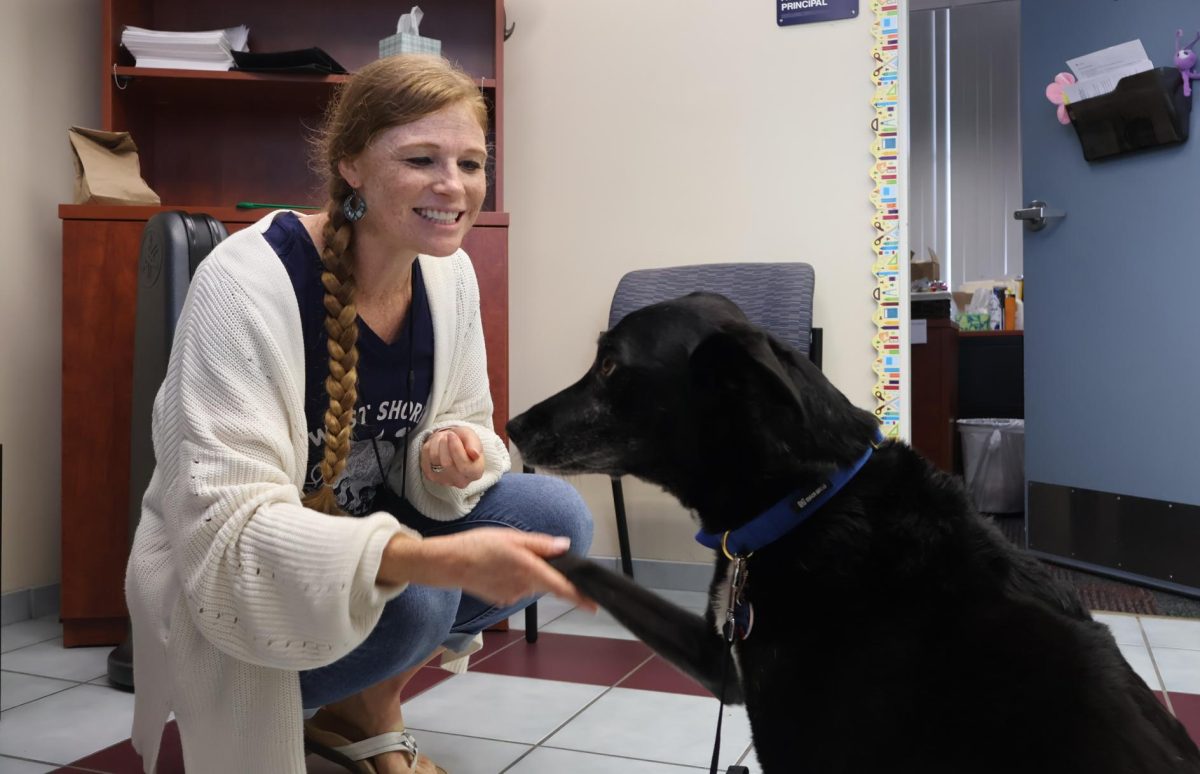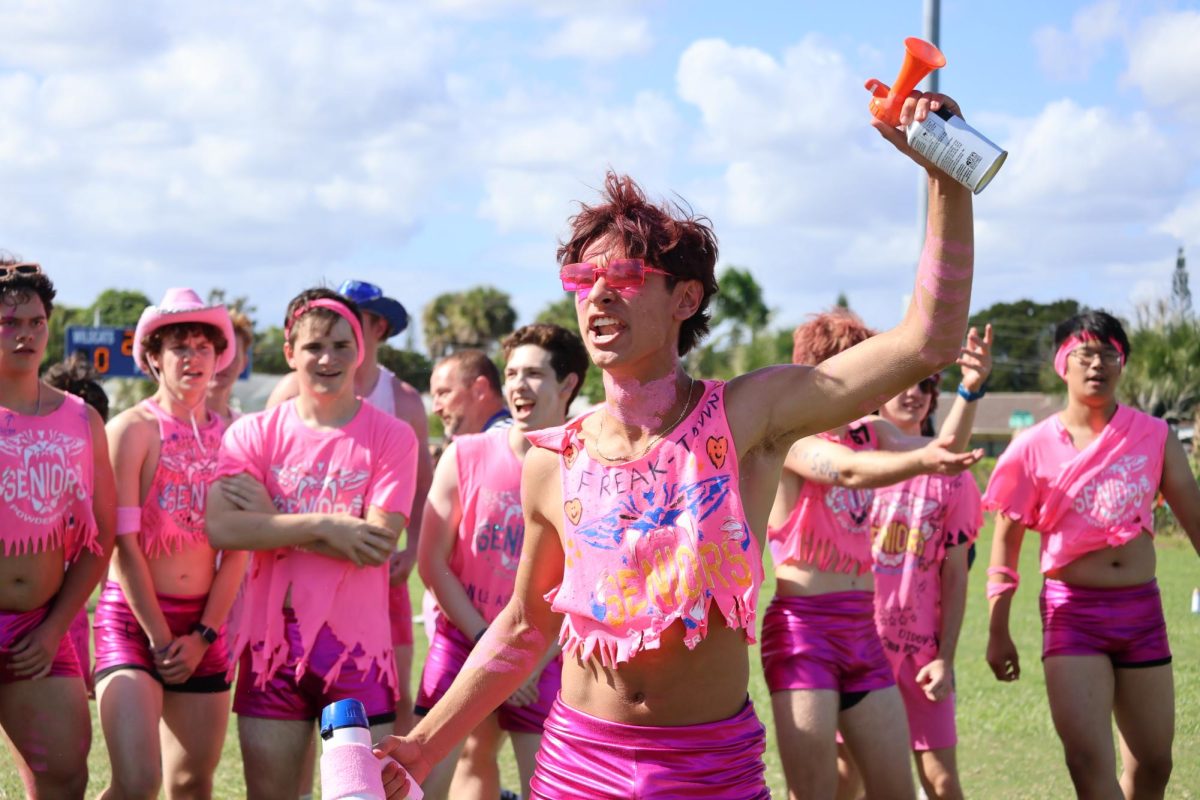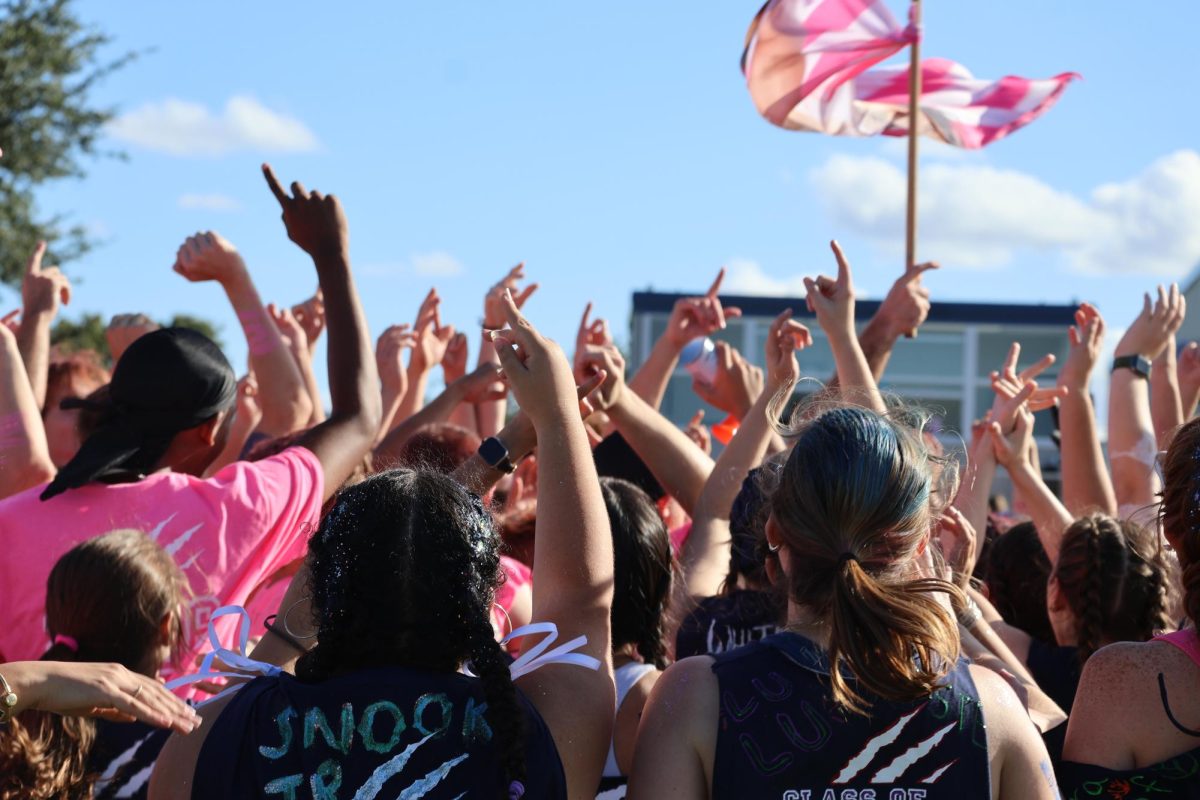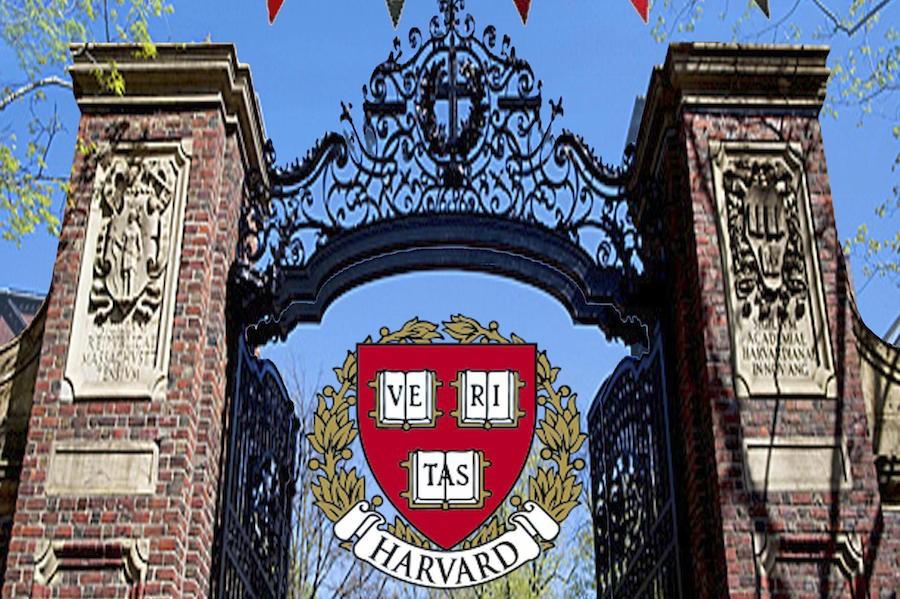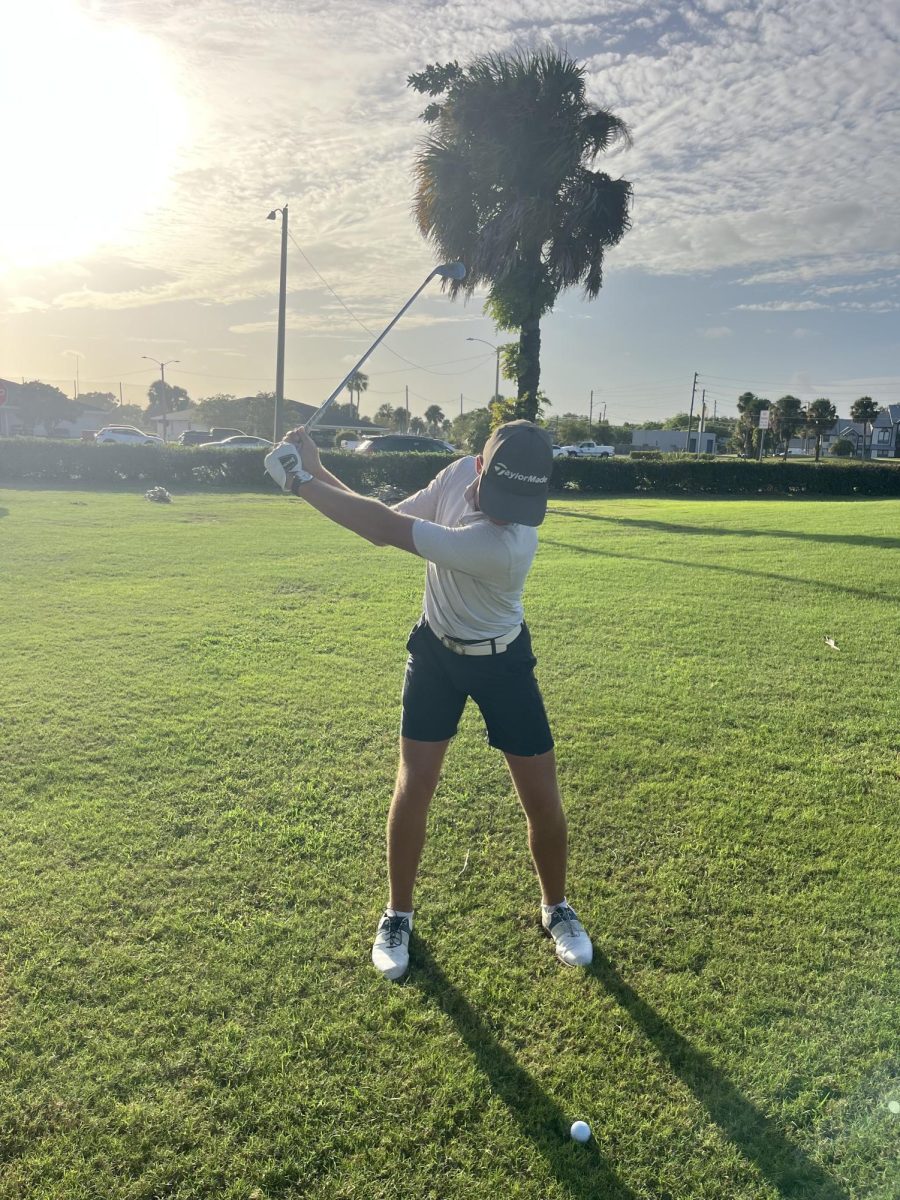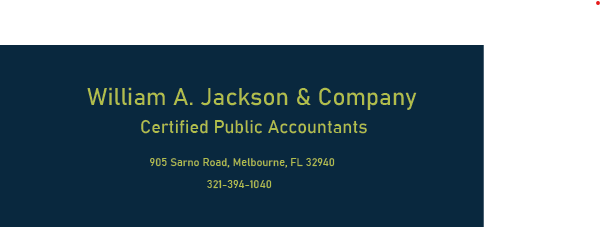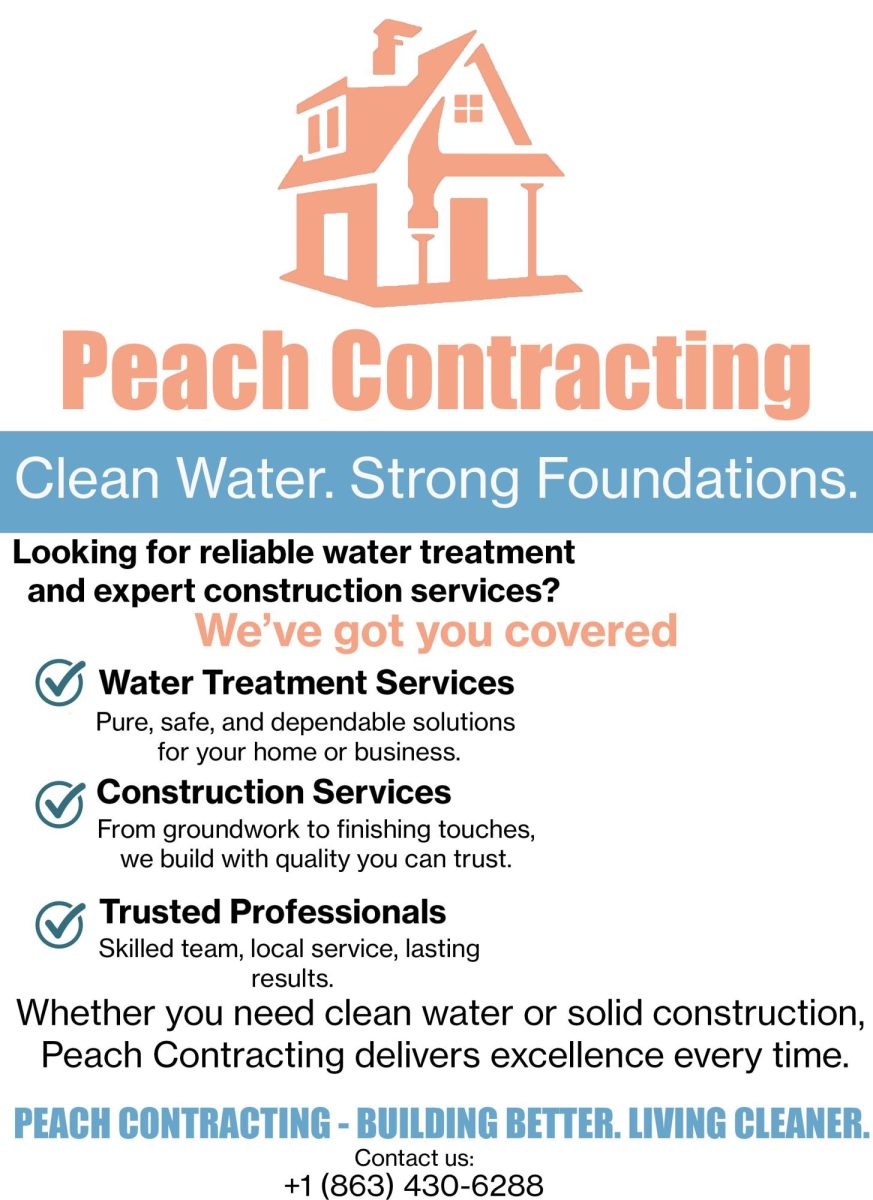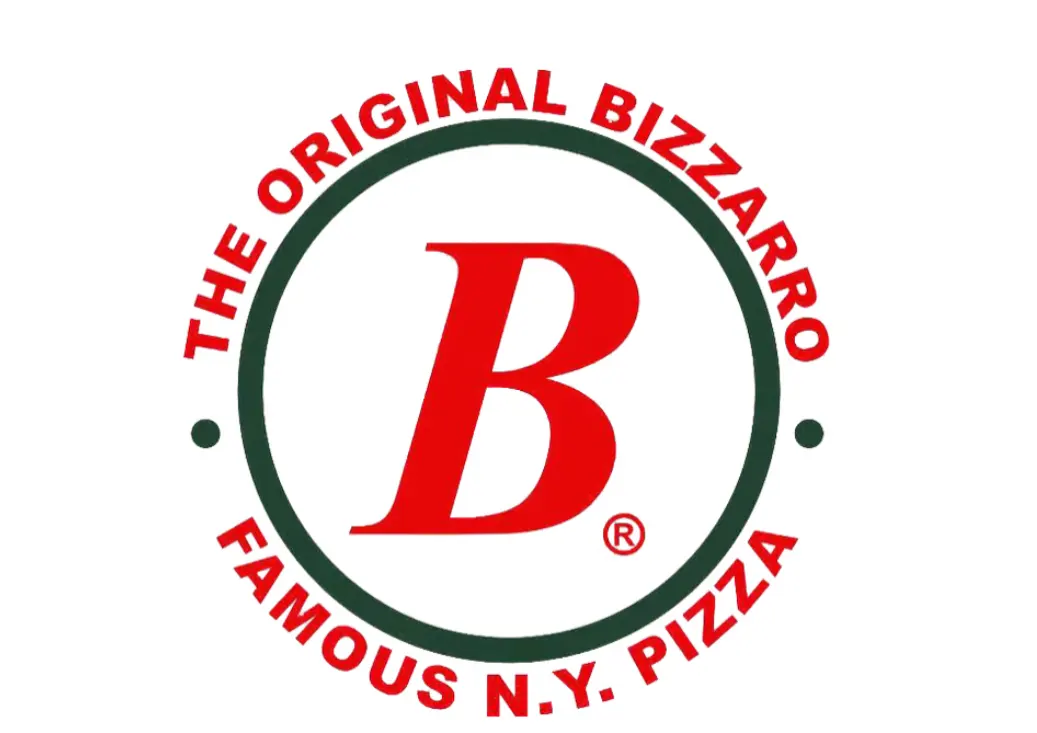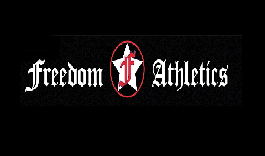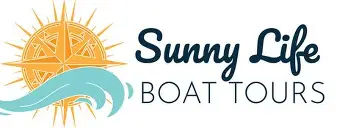Admission to Ivys increasingly elusive
March 18, 2016
For the past two years, West Shore has been ranked among the Top 5 public schools in the state of Florida by U.S. News and World Report, yet during that time only three graduates were accepted to Ivy League or similar elite colleges. So then, what does it take to get in?
“The big triumvirate are your grades and coursework, your standardized test scores and your extracurricular activities,” Guidance Director Mike Drake said. “Those are the big three. And colleges tend to look at it like Triton’s three pronged spear. They try to look at all three and not let one totally dominate.”
Special accredited programs such as Advanced Placement, Cambridge and International Baccalaureate add to applicant desirability.
“The IB program at Cocoa Beach is a merit-based application,” Drake said. “ Let’s say they’re going to let in the hundred seventh-graders into their IB program, and they get four hundred applications. They’re going to cull through those applications and take the one hundred best students. At West Shore, it’s strictly a lottery, so all you have to be is on grade level and not have any major academic red flags.
“Some of the students in the lottery that are top students may be unlucky and not get in here. They end up going to a choice program like the IB program because they can get in there based on merit, not based on luck. In some ways the process of the lottery hurts the school as far as Ivy League admissions are concerned.”
In response,West Shore recently initiated AP Capstone in order to keep pace with programs recognized by colleges for their rigor.
“A lot of [admission offices] have matrices that they use,” Drake said. “Say you are a student who has a 3.8 unweighted [grade point average]. At West Shore, that makes you number 37 in your class. There may be another student that has a 3.8 unweighted that’s tied for number 37 with you, but you’ve taken nine AP classes and they’ve taken one AP class. You know they’re going to give you a higher ranking in their admission matrix because you’ve challenged yourself more with your coursework. That’s one of the big things about West Shore. Where we do have an advantage is you have access to a lot of AP courses that students at other schools don’t.”
School recognition also plays a major role in building credibility.
“[Colleges] have noticed how successful West Shore students are. It is almost like we are on their radar,” Drake said. “They know the background students have had, the work ethic and the things that they’ve done, [which] gives them a higher probability of being successful [and] gives them an advantage.”
Even with admission requirements fulfilled, the possibility of acceptance remains stringent.
“Seniors probably feel a little bit intimidated,” AP Literature and Capstone Research teacher Mary Nelson said. “Of course there are so many people applying to Ivy League schools now that I think that’s why it’s more competitive to get in. A lot of people with the same credentials are applying for very few positions and so it makes it harder to get that seat. Even if they are top notch and have all of the requirements for doing so, I think that it’s a little frustrating when it doesn’t happen [even] when you work so hard.”
According to John Krehbiel, AP Physics teacher and graduate from Massachusetts Institute of Technology and California Institute of Technology, getting into Ivy League schools is a “crapshoot.”
“It is so hard to tell who’s going to get in. You get one person who’s got all the capabilities you’d think they’d want and they said no, and then they pick somebody else,” Krehbiel said. “I would tell students that even if you think you know you’re doing a great job and have everything they would want, you have no greater chance than somebody who’s doing most of the stuff they’re looking for. I think they just get so many applicants, it doesn’t matter whether you got six AP classes or 13. It doesn’t matter whether you’ve been the head of this program or that club.”
Those who do get accepted have high standards to live up to.
“Be prepared to work really hard because a part of how they become elite schools is that they push their students,” Krehbiel said. “I usually tell students to go for the top school they can get into. The reason I say that is not only because the professors have to teach to the average capability of the class, but also due to the fact that you’re in a top school where their average SAT scores and that kind of stuff are higher. It also means the professors can teach you more.”
Because of the competitive nature of Ivy League schools, state schools are seen as a viable alternative.
“Undoubtedly schools like Florida State University, University of Florida, and University of South Florida have become popular,” Drake said. “A big portion of our graduating classes end up attending those [schools] because of the Bright Futures options that they have available as Florida residents.”
Senior Srimayi Tenali has been accepted into MIT and applied to Columbia, Cornell and Yale out of the Ivy Leagues.
“An Ivy League education can only come from schools that are Ivy League, but I believe that a top education can come from anywhere,” Tenali said. “It’s more what you make of it than what it does. There are so many schools nowadays like the University of Michigan and University of Washington that are not names you typically hear when you think of top schools. They’re what’s leading the world with their medicine programs and their science programs, so even though the name takes you a long way, there are so many schools that are so great that you shouldn’t limit yourself to Ivy League — that’s an athletic division.”


![Sophomore Isabelle Gaudry walks through the metal detector, monitored by School Resource Officer Valerie Butler, on Aug. 13. “I think [the students have] been adjusting really well," Butler said. "We've had no issues, no snafus. Everything's been running smoothly, and we've been getting kids to class on time.”](https://westshoreroar.com/wp-content/uploads/2025/08/IMG_9979-1200x800.jpg)



















